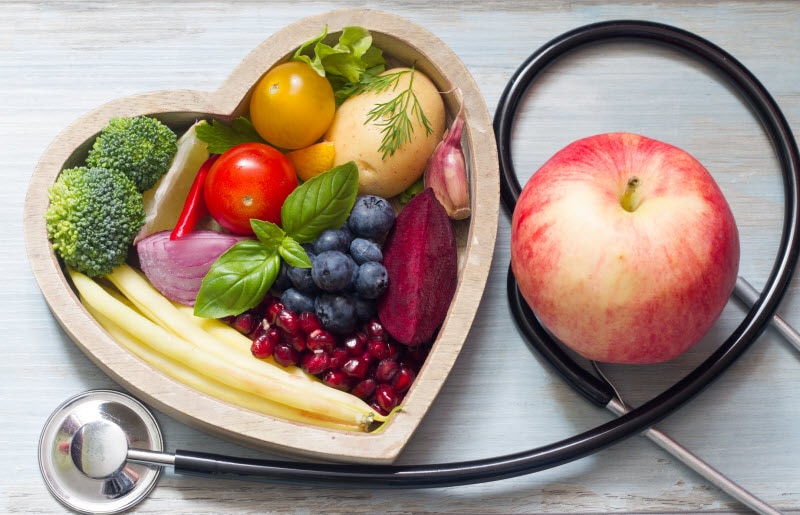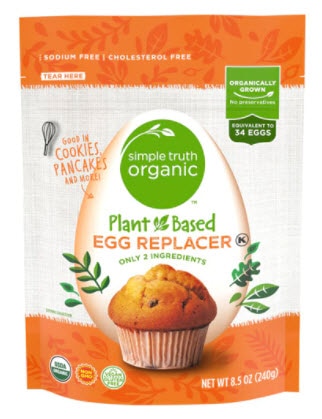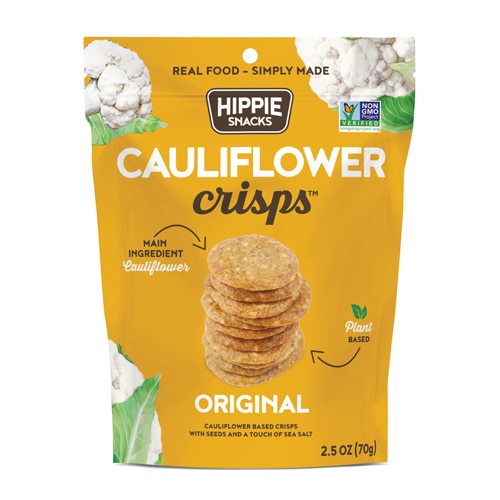For more than one-third of Americans, reducing
cholesterol levels is a matter of life and death. Can eating a plant-based diet get these folks closer to their goal?
Answering that question is crucial for the 38% of people with high cholesterol, defined as a total blood cholesterol level of at least 200 mg/dL, according to the
Centers for Disease Control and Prevention.
When cholesterol is that high, you are at increased risk for two of the nation's biggest killers, heart disease and stroke.

As it turns out, eating more
plant-based foods may indeed bring your cholesterol levels lower, says Wendy Reinhardt Kapsak, a registered dietitian nutritionist and president and CEO of the
Produce For Better Health Foundation.
"Fruits and vegetables have long been recognized for their cholesterol-lowering effects," she says.
Experts say the high fiber content in produce helps keep cholesterol in check. In more recent years, flavonoids -- a compound in those foods -- also have been linked to improved cholesterol readings.
September is National Cholesterol Education Month, making it the perfect time to try to reduce your cholesterol readings.
What science says about plant-based foods and cholesterol
Researchers have found a clear link between eating the right foods and reducing both cholesterol and blood pressure levels, which in turn lowers your risk of cardiovascular disease, Kapsak says.
Diets rich in fruits, vegetables and
whole grains have been found to be helpful in this regard. “Additional studies have found that including
nuts and legumes is also beneficial,” Kapsak says.
As a general rule, Americans get far too little produce in their diet.
“Fruits and veggies are the plants that no one is eating enough of,” Kapsak says. She adds that eating more produce “may be one of the most important actions we can take to improve our health and well-being.”
However, she notes that you do not have to switch completely to a plant-based menu to keep your cholesterol in check. Instead, you can safely consume low-fat dairy and seafood if you also reduce the role of red meats and processed meats in your diet.
“A diet does not have to necessarily be vegetarian or
vegan, but rather plant-based, or plant-
forward,” Kapsak says.
Getting more plant foods into your diet
To get the biggest cholesterol-reducing benefit from plant-based foods, Kapsak encourages you to remember the adage "eat a rainbow." That means you should try to get fruits and vegetables of all colors into your diet.
"Fruits and vegetables are nutrition powerhouses, each with its own unique combination of health promoting-nutrients and plant compounds, many of which are responsible for their vibrant colors," she says.
If you want to incorporate more fruits and vegetables into your diet, Kapsak recommends using the following steps:
Choose what you like.
Incorporating any new produce -- regardless of what it is -- into your diet is likely to offer health benefits, Kapsak says. "There are literally no rules," she says.
Add fruits and vegetables to other foods.
If you sit down to some yogurt,
add some berries to it. If you prefer cereal, top it with some bananas. Planning to eat eggs? "Toss in some spinach, peppers and tomatoes -- whatever you like or have on hand," Kapsak says.
Blend fruits and vegetables into smoothies, salsas and soups.
"Blended asparagus, broccoli or cauliflower all make delicious and unexpected soups," Kapsak says. Also, consider adding
mushrooms to ground beef to lend flavor to blended burgers or tacos.
Add more flavor with spices and herbs.
Studies show that people eat more vegetables when they are seasoned, Kapsak says. She adds that there are "infinite options" for doing this. "Spice up your veggies to reflect various culturally inspired cuisines," she says. "Choose and use the spice and herb flavors you love most."
Keep your options open.
Kapsak encourages you to keep your favorite fresh, frozen,
canned, dried and 100% juice options of fruits and vegetables on hand and ready to use. “Keeping fruits and veggies available and accessible will increase the likelihood we will actually eat them,” she says.
Featured products: 

 As it turns out, eating more plant-based foods may indeed bring your cholesterol levels lower, says Wendy Reinhardt Kapsak, a registered dietitian nutritionist and president and CEO of the Produce For Better Health Foundation.
"Fruits and vegetables have long been recognized for their cholesterol-lowering effects," she says.
Experts say the high fiber content in produce helps keep cholesterol in check. In more recent years, flavonoids -- a compound in those foods -- also have been linked to improved cholesterol readings.
September is National Cholesterol Education Month, making it the perfect time to try to reduce your cholesterol readings.
As it turns out, eating more plant-based foods may indeed bring your cholesterol levels lower, says Wendy Reinhardt Kapsak, a registered dietitian nutritionist and president and CEO of the Produce For Better Health Foundation.
"Fruits and vegetables have long been recognized for their cholesterol-lowering effects," she says.
Experts say the high fiber content in produce helps keep cholesterol in check. In more recent years, flavonoids -- a compound in those foods -- also have been linked to improved cholesterol readings.
September is National Cholesterol Education Month, making it the perfect time to try to reduce your cholesterol readings.





